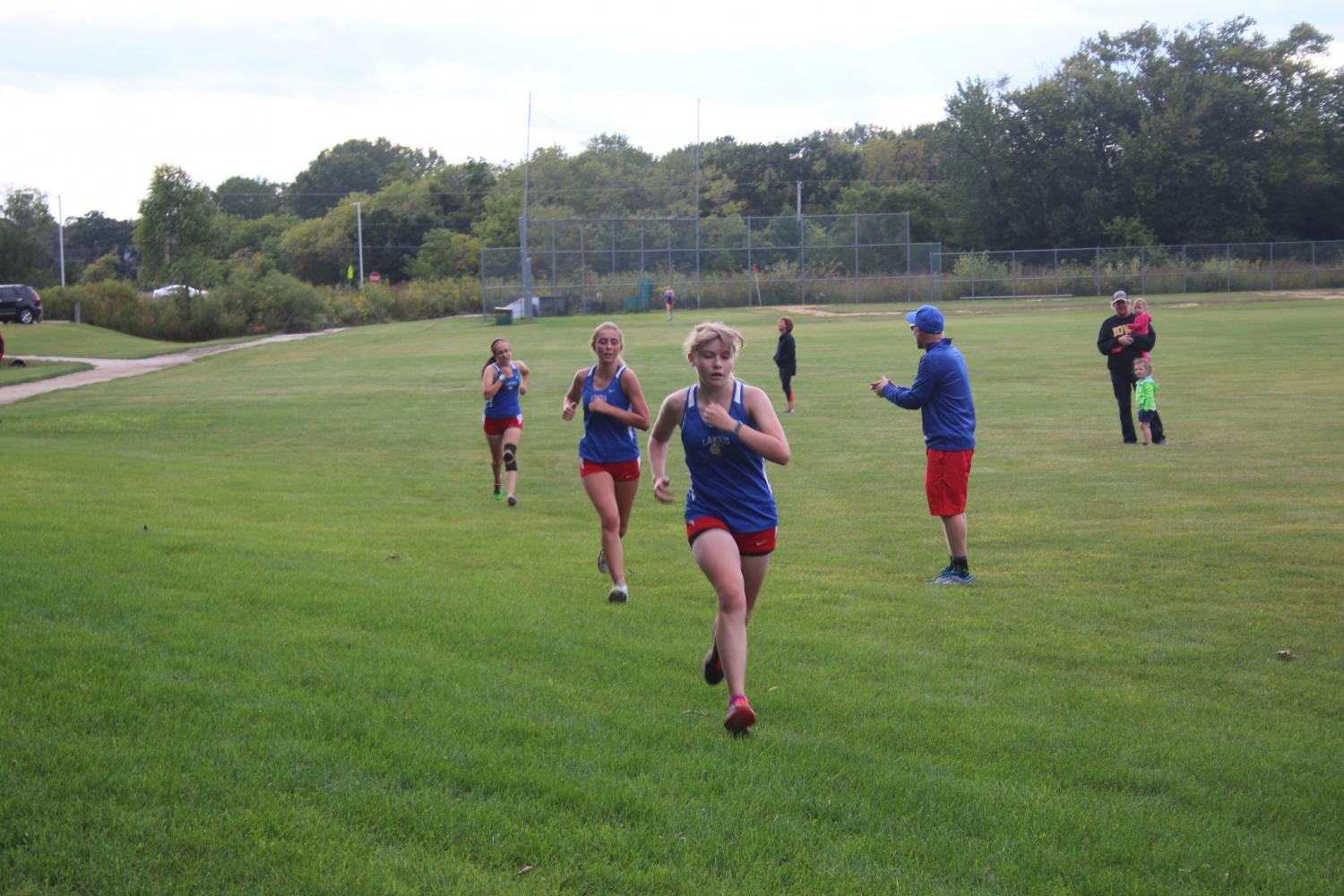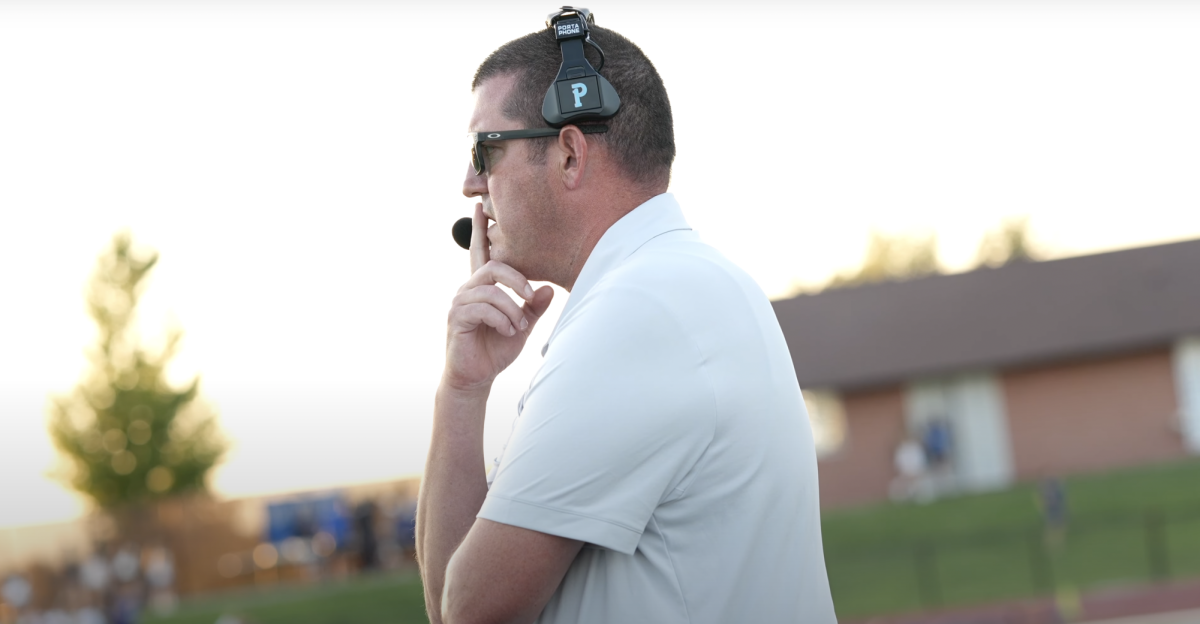The gunshot is fired. A colossal of footsteps being stomped. An eruption of cheers commenced. After about a mile, hard deep breaths start being taken. What are these runners thinking to make them keep going regardless of them being fatigued? What mental strategies are being used?
Just like all athletes, all runners do or think about something right when the gun is about to go off. Some runners at the start of the race use breathing techniques to calm their emotions and some only think about the food they are going to eat after the race.
“I kind of hope that my shoes don’t fly off at the start,” said Olivia Heft, a senior on the Cross Country team, “I also go over how I am going to pace myself throughout the whole race.”
Their physical state is not only crucial at the start of the race but your mental state is just as important. Self motivation can also be a key factor in how good they can start off a race. “I always tell myself that I’m the fastest and I can do this,” said Paige Caruth, a senior on the Cross Country team.
Even before the race is about to begin, they have to be mindful of the things they are doing the day before or even a week before. That includes pushing through practices, doing the best you can at practices, eating the right foods, getting enough sleep, etc. You have to have the mental toughness and mindset to be able to actually do all that to better yourself.
Lakes’ Cross Country team does mental strategies practices as a team which you don’t see many teams doing. “Last year, we started doing visualizations. They are in their minds trying to visualize what they are going to see, hear, smell, etc,” said Coach Shepherd, the coach of the Cross Country team, “The whole point being that they are ready to respond rather than react.” Doing mental practices as a team can be more helpful than doing it by yourself because not only does doing this bring up team chemistry but it also brings up morale for everyone. “It’s the most different team aspect I’ve ever been a part of, that’s why I keep going back to it,” said Heft.
Runners start to get to the mid-point line and thoughts start to kick in asking “How far am I from the finish line,” To forget about the distance from where they are to the finish line, some runners tend to think about random stuff to take their heads off it. “I start counting down from 1, 2, 3, 4…” said Heft. Counting is a commonly used strategy for runners when they are running long distances. But that is not the case with most runners. Most runners tend to think about things that motivate them, whether that is family, friends, goals, etc. “If they know if they can pass one more runner, they are closer to reaching their goal making them able to keep on going,” said Coach Shepherd.
As the finish line starts approaching, the deepest of breaths are being taken. in through the nose, out through the mouth. Legs are dragging on just trying to get past that finish line. The cheers are getting louder as the finish line gets closer, but there is a lingering thought in the back of their heads, “What if I just catch my breath for a second?” Runners have to battle that thought as they get close to the finish line while they are already past their limit. That’s where all the training that they have been working on the past week comes in. “In order to surpass the fitness level that your body can only physically go up to, you have to be mentally tough,” said Coach Shepherd. Mental toughness is a key factor in getting through the finish line. Not only that, confidence that you can get to the finish line also helps a lot. “I always think it’s just a walk in the park,” said Heft.
Although cross country is a sport where being physically capable is a must, mental toughness has to also be developed over time to excel in the sport. It’s not an easy thing to do and that’s what makes these runners so commendable.
























